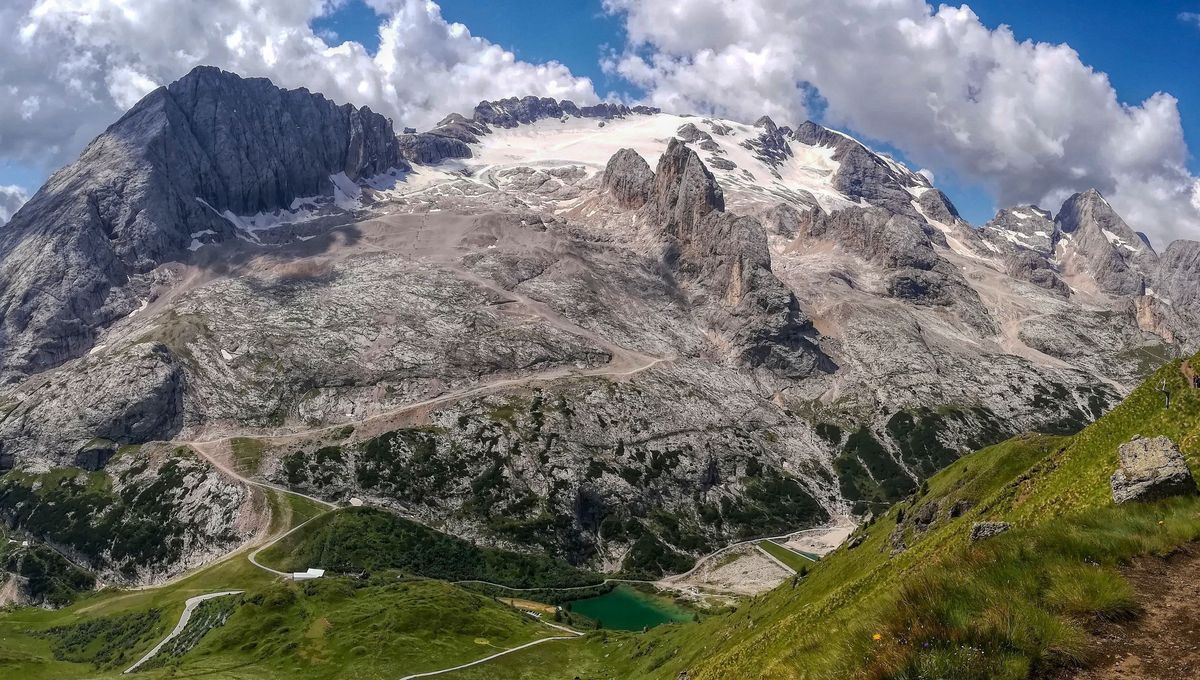
An international team of researchers has produced the latest projections for glacier mass loss, and it is not good news. If emissions are not curbed, mountain glaciers worldwide will lose 41 percent of their mass, which would lead to the disappearance of many small glaciers, wiping two-thirds of all glaciers from the map.
The best-case scenario – where we stick to the Paris Climate Agreement and keep the average temperature increase below 1.5°C (2.7°F) – will still see a dramatic reduction in glaciers, with about 50 of them disappearing. However, the glacier mass lost would be around 26 percent. Most of those glaciers are small, less than one square kilometer (0.38 square mile), but their disappearance would impact the regions and the people living there.
“Every increase in temperature has significant consequences with respect to glacier contribution to sea level rise, the loss of glaciers around the world, and changes to hydrology, ecology, and natural hazards,” the authors of the study, led by David Rounce, said in the paper.
There are over 215,000 mountain glaciers on the planet, and it is too late to save them all – but any action aimed at limiting the global mean temperature increase will have tangible effects in preserving as many glaciers as possible. These actions will also help to preserve them in the best possible conditions, reducing the meltwater impact on global sea level rise.
The major issue is that we have been pumping greenhouse gases into our atmosphere for a long time, and even if emissions were to be stopped completely tomorrow, the heating will continue. It would take between 30 and 100 years to see a stop in glacier mass loss rates if that were the case. At the same time, governments – especially those that are responsible for most of the emissions – are not doing enough. Not one of the world’s largest emitting nations is meeting the Paris Agreement goals.
Taking the recent climate pledges from COP26 as fact, the global mean temperature will increase by 2.7 °C (4.86 °F) over the next century. Under an increase of 2 °C ( 3.6°F), smaller glacial regions in Central Europe, Western Canada, and the United States will be greatly affected. Under a 3 °C (5.2 °F) increase, we can say goodbye to glaciers in these regions.
Even if everything promised at COP26 comes to pass, it is likely that our planet will lose all the glaciers that exist at mid-latitude regions in both hemispheres.
The research was published in the journal Science.
Source Link: Tackling Climate Change Could Nearly Halve Glacier Loss By 2100